Entry Category: Government and Politics
aka: Boodle Scandal of 1905–1908
Bookout, Jerry
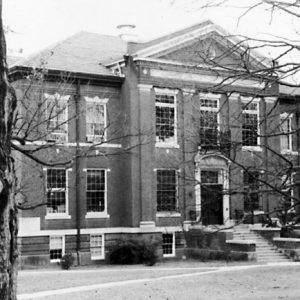 Boone County Courthouse
Boone County Courthouse
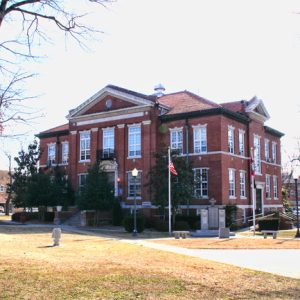 Boone County Courthouse
Boone County Courthouse
 Boozman Campaign
Boozman Campaign
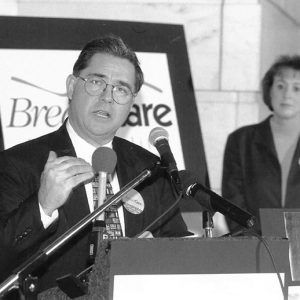 Boozman Speaking
Boozman Speaking
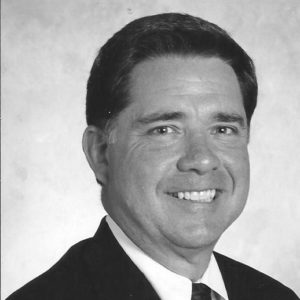 Fay Boozman
Fay Boozman
Boozman, Fay
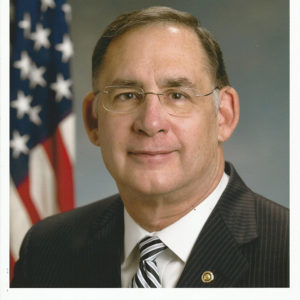 John Boozman
John Boozman
Boozman, John
Borhauer, Shirley Ursala Czosek
Borland, Solon
Boudinot, Elias Cornelius
Bowie, Jim
aka: James Bowie
Bracero Program
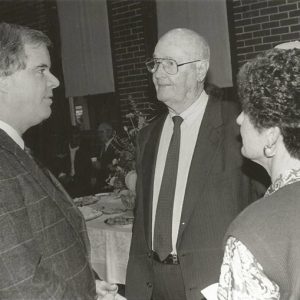 Bradford and Foster
Bradford and Foster
 Jay Bradford
Jay Bradford
 Jay Bradford Campaigning
Jay Bradford Campaigning
Bradford, Jay T.
 Bradfords
Bradfords
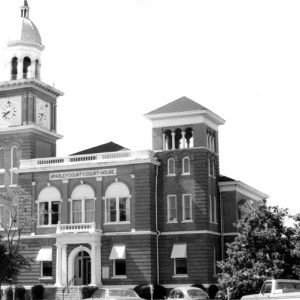 Bradley County Courthouse
Bradley County Courthouse
Brandon, Benton Douglas, Jr.
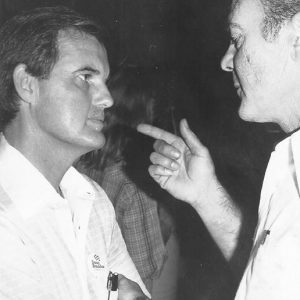 Doug Brandon
Doug Brandon
Bratton, Samuel Isaac
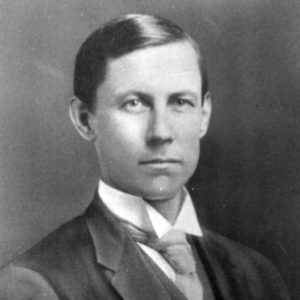 Ulysses S. Bratton
Ulysses S. Bratton
Bratton, Ulysses Simpson
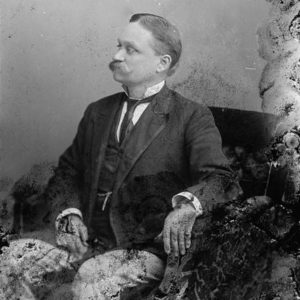 C. R. Breckinridge
C. R. Breckinridge
Breckinridge, Clifton Rodes
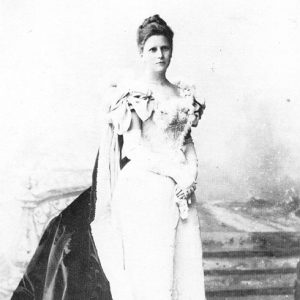 Katherine Breckinridge
Katherine Breckinridge
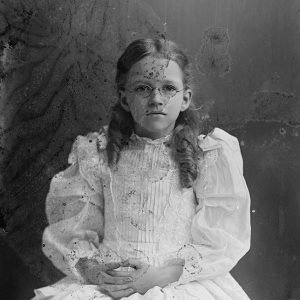 Lees Breckinridge
Lees Breckinridge
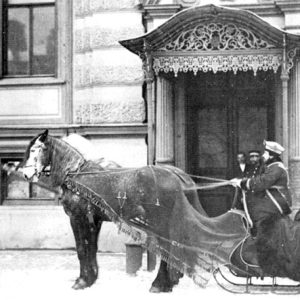 Breckinridges in Russia
Breckinridges in Russia
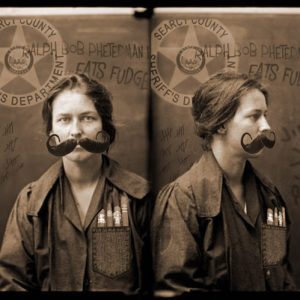 Breeches Panic Propaganda Image
Breeches Panic Propaganda Image
Brindletails [Political Faction]
 Britt Sticker
Britt Sticker
Britt, “Footsie”
aka: Maurice Lee Britt
aka: Morris Britt
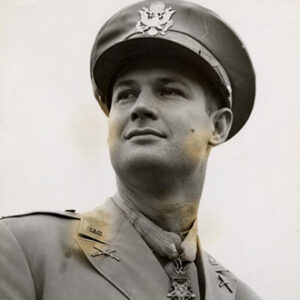 Footsie Britt
Footsie Britt
 Broadway Card
Broadway Card
Broadway, Shane
Brooks-Baxter War
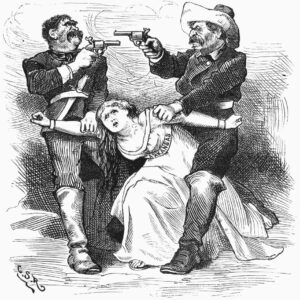 Brooks-Baxter War Cartoon
Brooks-Baxter War Cartoon
Brooks, Joseph
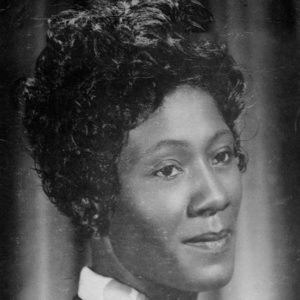 Millie Brooks
Millie Brooks
Brooks, Millie Muriel Ward
Brooks, William H.
Brothers of Freedom
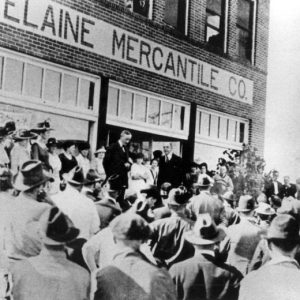 Charles Brough at Elaine
Charles Brough at Elaine
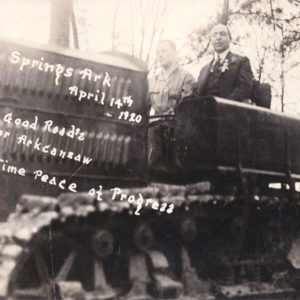 Charles Brough
Charles Brough
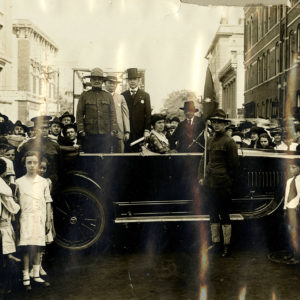 Charles Brough
Charles Brough
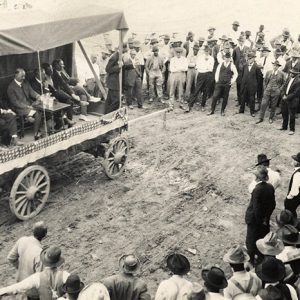 Charles Brough
Charles Brough




